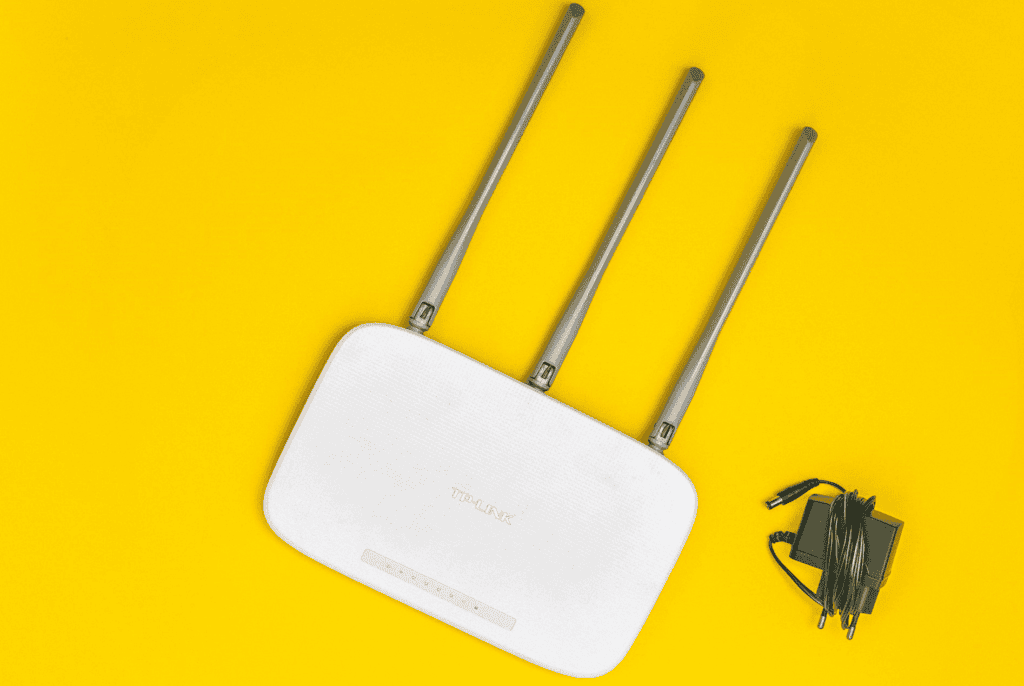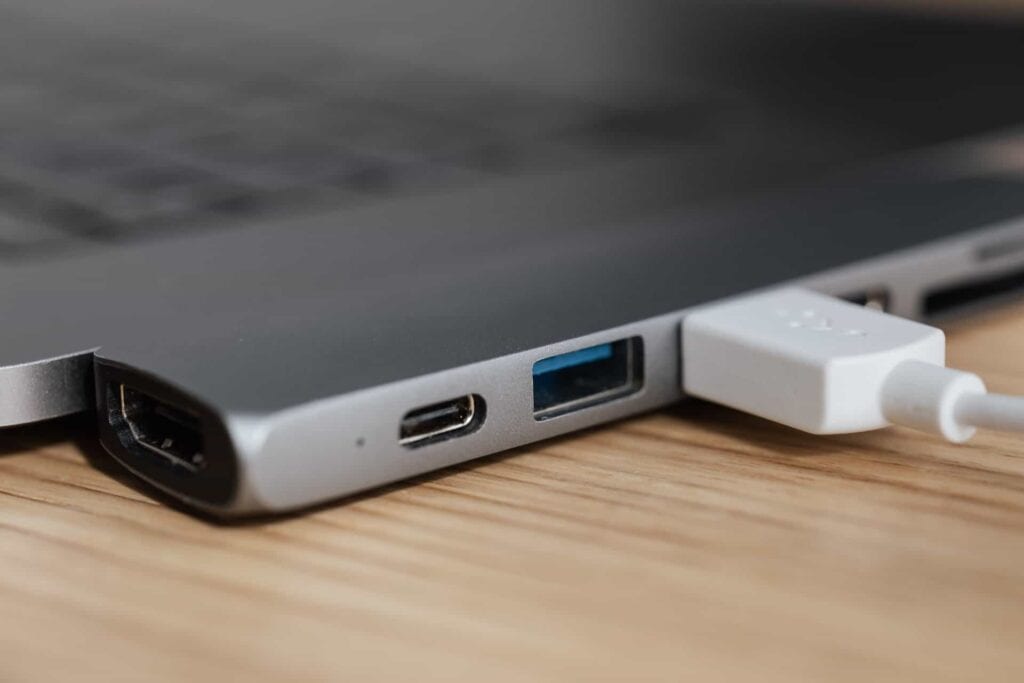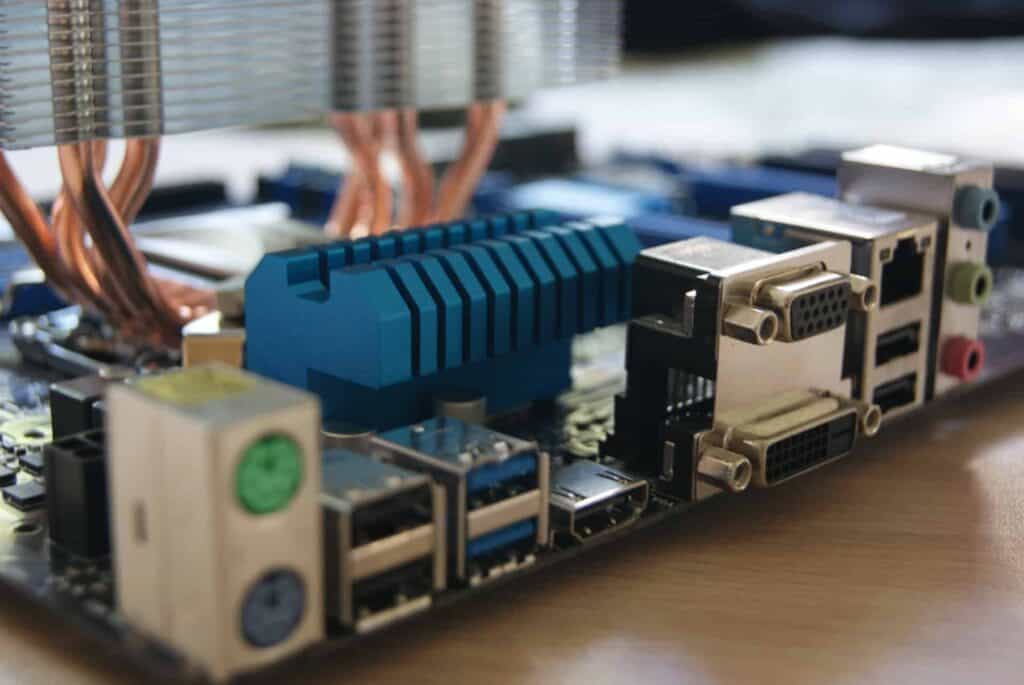Kyndryl & Industry Players: Transforming IT Infrastructure Services
Exploring Key Industry Players and Emerging Trends In today’s rapidly evolving digital landscape, a robust IT infrastructure has become as vital to business operations as the advanced software enterprises deploy. This infrastructure, encompassing interconnected networks, high-performance servers, and extensive data storage solutions, is essential for ensuring seamless business continuity. Specialized IT infrastructure service providers play […]
Kyndryl & Industry Players: Transforming IT Infrastructure Services Read More »




